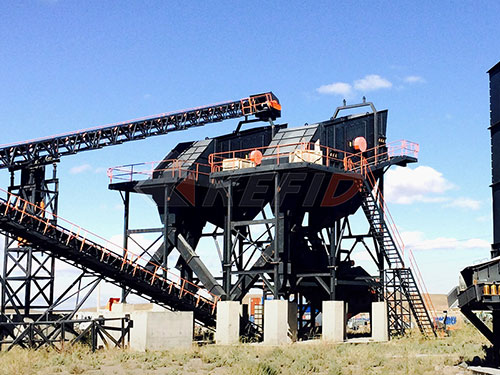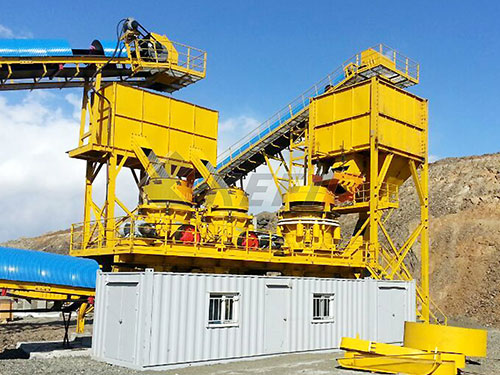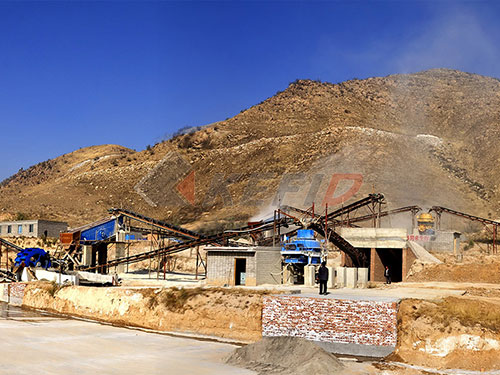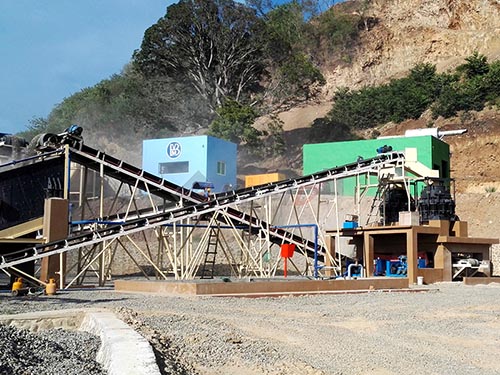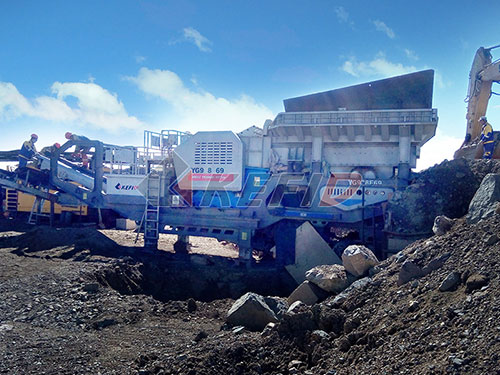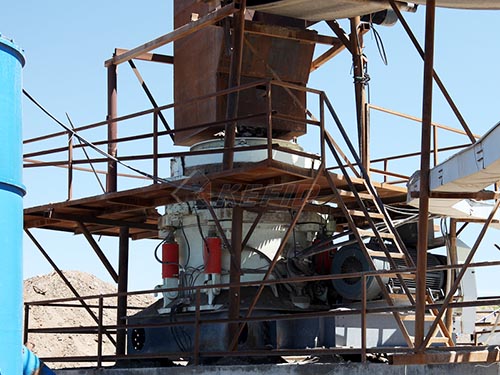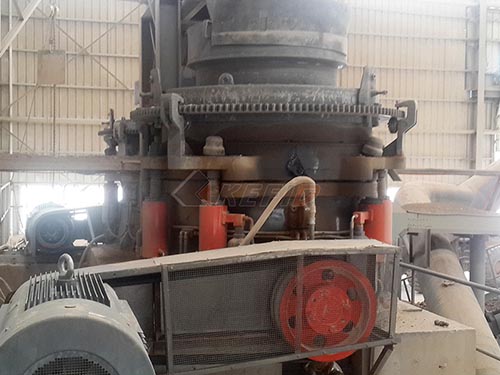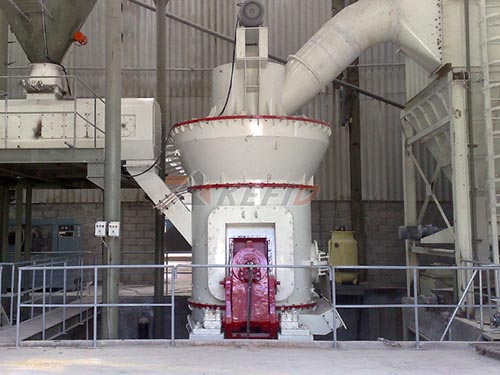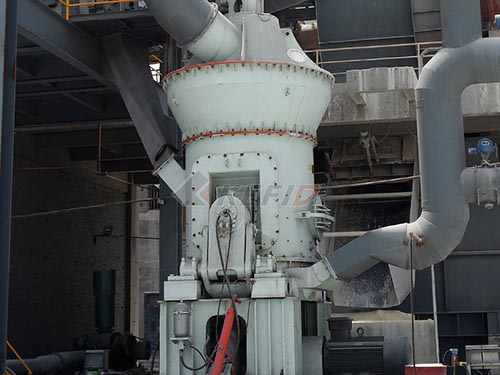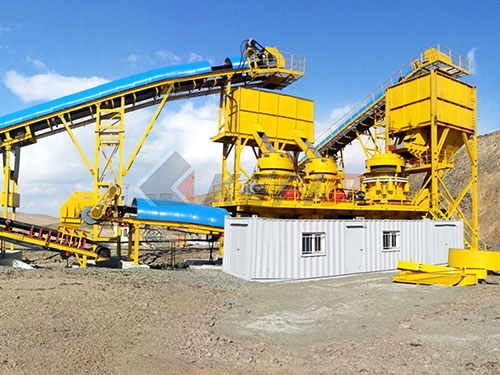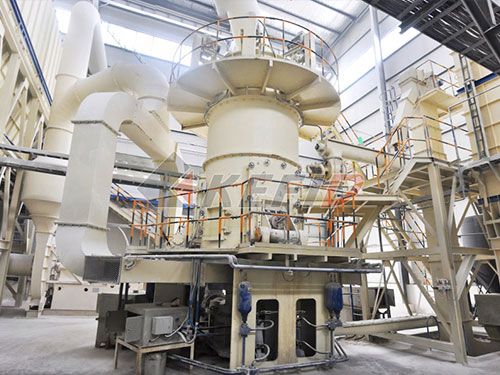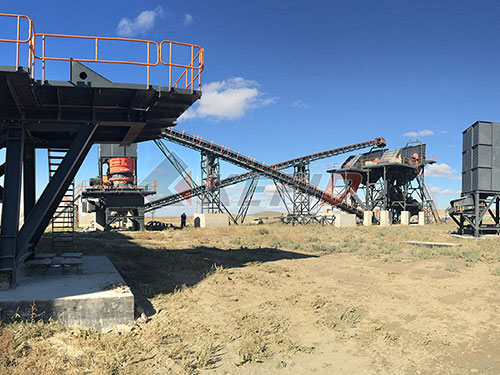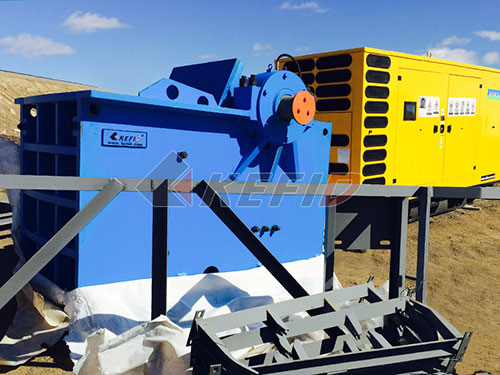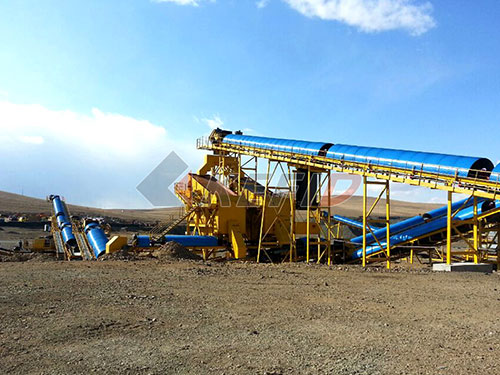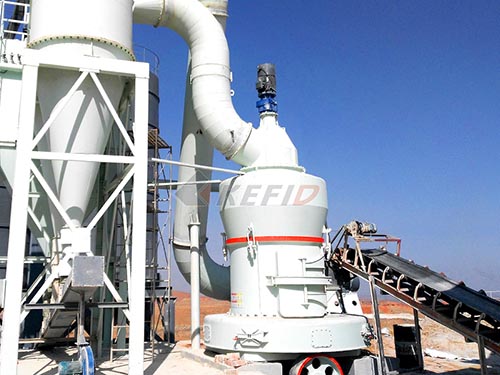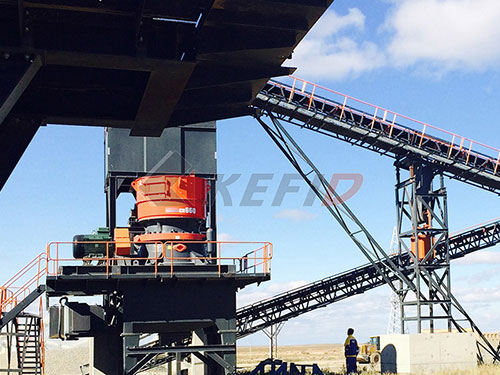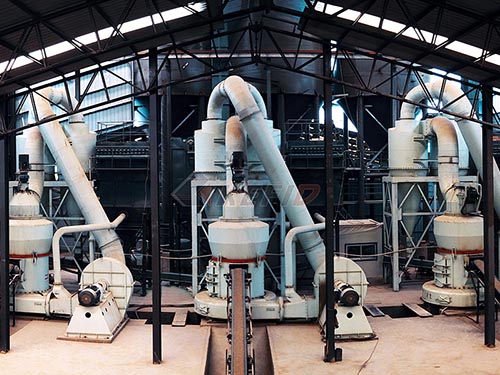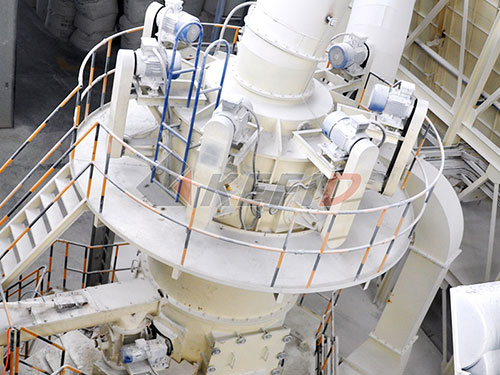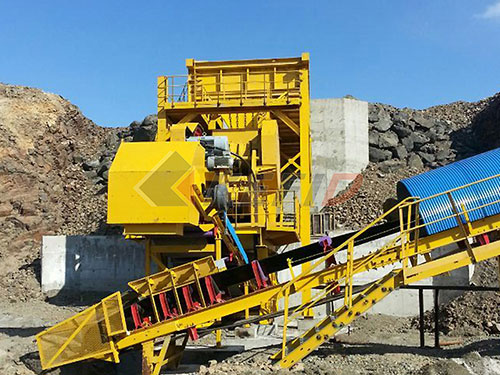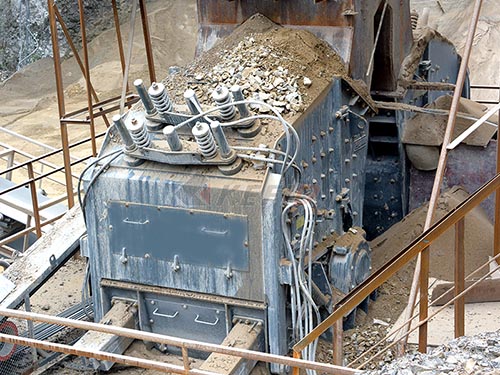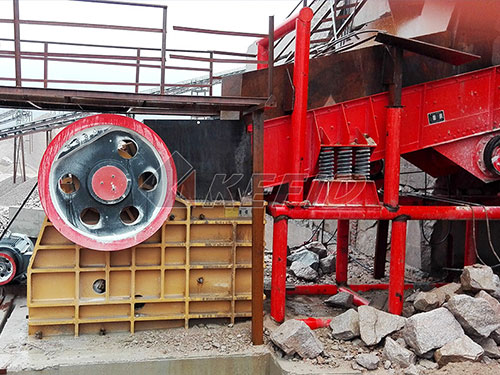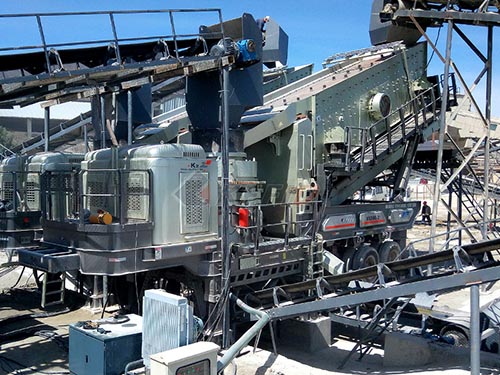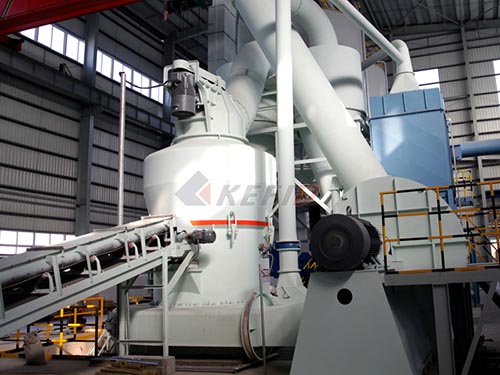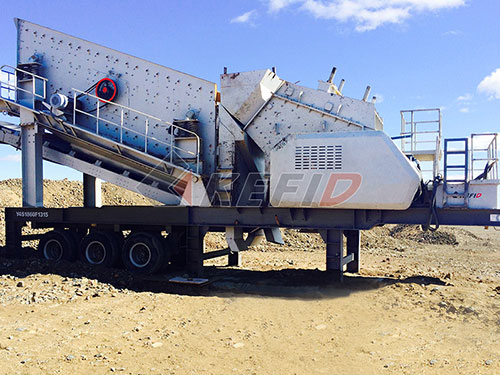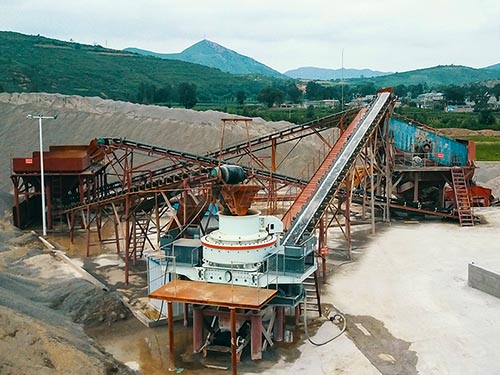Transforming Rubble into Resources: Concrete & Rebar Crushing in San Diego
San Diego’s dynamic skyline and ever-evolving infrastructure are testaments to progress. Yet, with every renovation, demolition, or new build comes a significant byproduct: mountains of concrete rubble, often intertwined with stubborn steel rebar. Disposing of this material traditionally meant costly landfill trips and wasted resources. Today, savvy contractors and developers across the county are turning to mobile concrete crushing services – a powerful solution that transforms waste into valuable assets right at the job site.
The Challenge: Demolition Debris and Hidden Costs
Concrete is incredibly durable, making it a challenge to break down. Embedded rebar further complicates disposal. Hauling heavy loads of mixed concrete and steel to distant landfills incurs substantial transportation fees and tipping charges. Beyond the direct costs, this practice consumes precious landfill space and misses a crucial opportunity for sustainability.
The Solution: On-Site Mobile Crushing
Mobile concrete crushers offer an efficient, economical, and environmentally sound alternative. These specialized machines are transported directly to construction or demolition sites throughout San Diego County – from coastal projects in La Jolla to inland developments in Santee or Poway.
Here’s how it works:
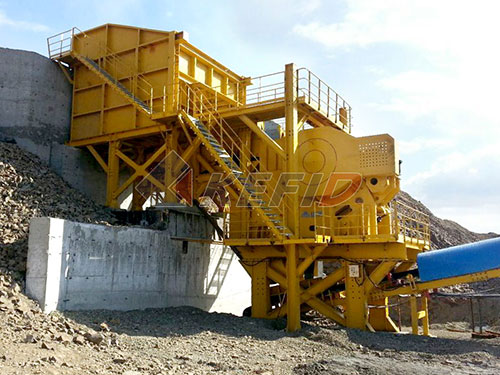
1. Processing: Large chunks of concrete debris are fed into the powerful mobile crusher.
2. Crushing: The machine pulverizes the concrete into various sizes of clean aggregate (often called Recycled Concrete Aggregate – RCA).
3. Rebar Separation: Integrated magnets or manual sorting efficiently extract the steel rebar during or after the crushing process.
4. Stockpiling: The resulting clean crushed concrete is stockpiled on-site.
5. Recycling: The separated rebar is collected for scrap metal recycling.
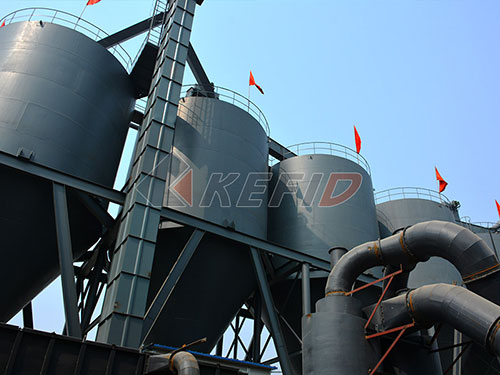
Why Choose On-Site Crushing in San Diego?
The benefits for San Diego projects are compelling:
Dramatic Cost Savings: Eliminate expensive hauling fees to landfills and avoid high tipping costs. Recycling on-site drastically reduces disposal expenses.
Reduced Landfill Impact: Divert tons of material from local landfills like Miramar or Sycamore Canyon, supporting California’s aggressive waste diversion goals (AB 939, SB 1383) and contributing directly to San Diego’s sustainability initiatives.
Creation of Valuable Material: The crushed concrete produced is a highly useful resource:
Base Material: Ideal for new road bases, parking lots (as sub-base), driveways, and
